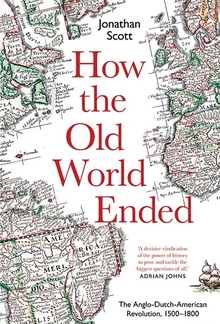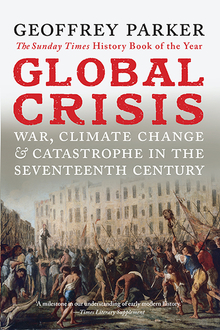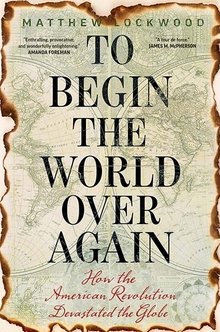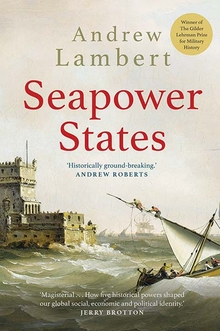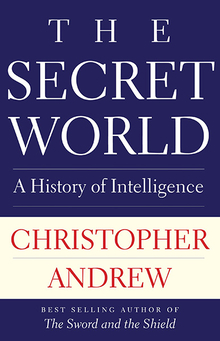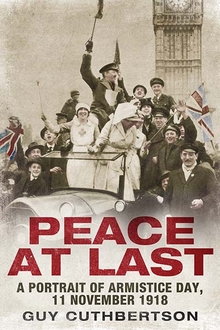How the Old World Ended
WARNING
You are viewing an older version of the Yalebooks website. Please visit out new website with more updated information and a better user experience: https://www.yalebooks.com
The Anglo-Dutch-American Revolution 1500-1800
Jonathan Scott
Between 1500 and 1800, the North Sea region overtook the Mediterranean as the most dynamic part of the world. At its core the Anglo-Dutch relationship intertwined close alliance and fierce antagonism to intense creative effect. But a precondition for the Industrial Revolution was also the establishment in British North America of a unique type of colony – for the settlement of people and culture, rather than the extraction of things.
England’s republican revolution of 1649–53 was a spectacular attempt to change social, political and moral life in the direction pioneered by the Dutch. In this wide-angled and arresting book Jonathan Scott argues that it was also a turning point in world history.
In the revolution’s wake, competition with the Dutch transformed the military-fiscal and naval resources of the state. One result was a navally protected Anglo-American trading monopoly. Within this context, more than a century later, the Industrial Revolution would be triggered by the alchemical power of American shopping
“Everything about this book is bravura: its conceptual originality, scope and ambition, its rich and close reading of texts and its brilliant writing. It exudes the joy of both discovery and recovery and it exudes the power of startling connections.“—John Morrill FBA, Emeritus Professor of British and Irish History, University of Cambridge, and Fellow of Selwyn College
“A superbly engrossing history of perhaps the most momentous period since the Stone Age. By turns sweeping and intimate, it demonstrates how the political events of that age – the English, American, and French Revolutions – were never separate from the social, economic, scientific, religious, and natural experiences of those living through them. Anyone interested in how we got into our present state will find things to provoke, excite, and infuriate on every page. "—Adrian Johns, Professor of History, University of Chicago
Publication Date: January 7, 2020
9 maps

